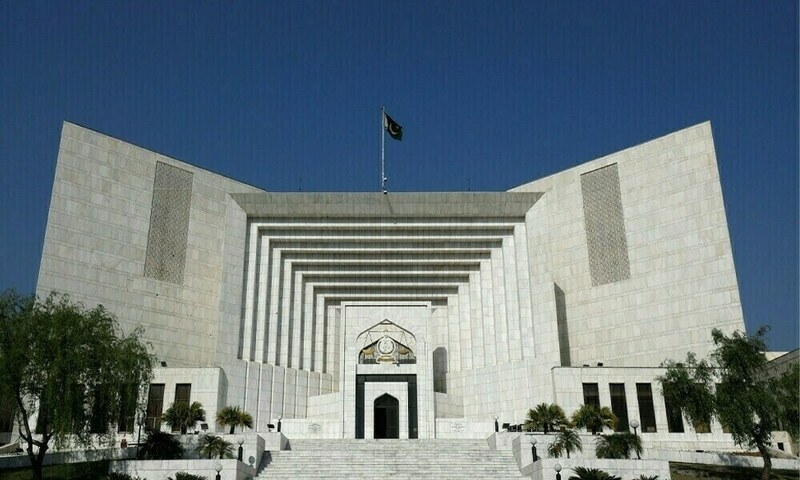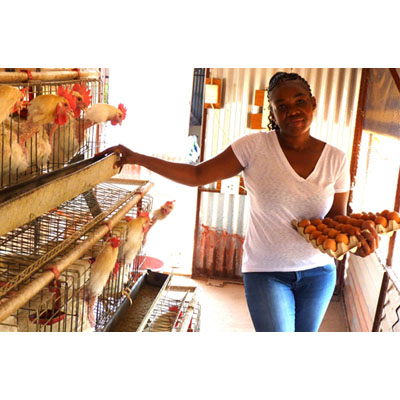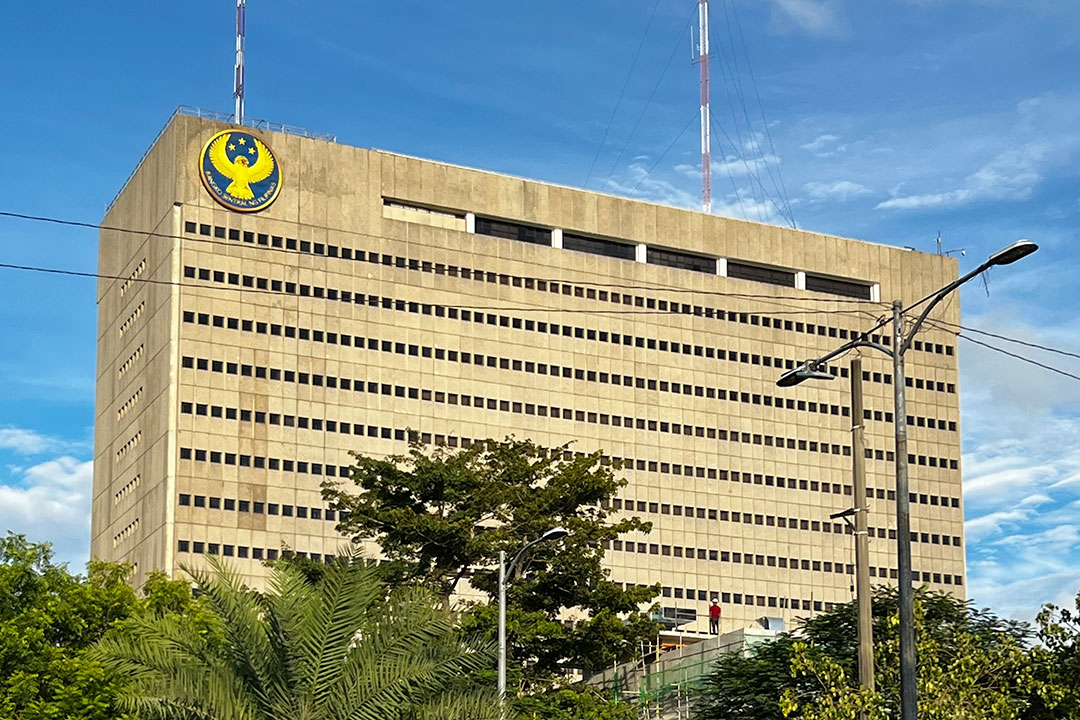Super Tax levied under Section 4C: SC hears appeals against judgements of Sindh, Lahore and Islamabad HCs
By Terence J Sigamony
Copyright brecorder

ISLAMABAD: The Supreme Court was asked to uphold the Parliament’s fiscal autonomy and the presumption of constitutionality attached to the taxation statutes.
A five-judge larger Constitutional Bench of the Supreme Court, headed by Justice Amin-ud-Din Khan, on Tuesday heard the appeals of the Federal Board of Revenue and the industries against the judgments of the Sindh, Lahore, and Islamabad High Courts regarding the Super Tax levied under Section 4C.
The FBR counsels have completed their arguments, and the taxpayers’ counsel from Karachi, Shahid Anwar, will resume his arguments from Wednesday (today).
Hafiz Ehsaan Ahmad Khokhar, appearing on behalf of the FBR, submitted before the bench that the Supreme Court has repeatedly reaffirmed Parliament’s primacy in fiscal and economic matters, as reinforced by Entry 47 of the Federal Legislative List (Fourth Schedule), granting Parliament an exclusive power to legislate on taxes on income other than agricultural income.
He argued that the Islamabad High Court, Lahore High Court, and Sindh High Court exceeded their lawful jurisdiction by effectively re-legislating under the guise of interpretation — a clear transgression of judicial authority that amounted to judicial overreach and undermined parliamentary supremacy. He cited recent landmark Supreme Court judgments, including Article 62 (1) (f), Article 63A, the Practice and Procedure Act, and Sunni Ittehad Council cases, where judicial overreach was struck down, and Parliament’s legislative competence was reaffirmed. He; therefore, prayed to the Supreme Court to set aside the impugned High Court judgments and declare Sections 4B and 4C to be constitutionally valid in their entirety.
Khokhar stressed that taxation policy — including the determination of rates, incidence, and classes of taxpayers — lies within the exclusive wisdom of Parliament, and courts must exercise restraint unless there is a manifest breach of constitutional limits. He maintained that Article 189 underscores the binding nature of Supreme Court decisions and emphasised the need for judicial discipline across all High Courts.
He argued that judicial interference with fiscal measures risks disrupting revenue collection, destabilising investor confidence, and undermining fiscal planning. Sudden shifts in the interpretation of Sections 4B and 4C, he warned, upset the constitutional balance between legislative competence and judicial review.
Khokhar said that Super Tax under Section 4C of the Income Tax Ordinance is not double taxation and is fully consistent with Article 25, which guarantees equality before law but permits reasonable classification based on rational criteria.
Dr Shah Nawaz, another FBR counsel, argued that there is no retrospectivity, as the basic principle of income tax is that it applies the law as it stands on the 1st day of July, so the finding of the SHC that it will apply from next year, 2023, is an incorrect approach.
He then referred to the Elahi Cotton judgment to argue that the arguments of retrospectivity were rejected by the Supreme Court in paragraph No.12, read with 56 of the judgment, adding that the same view is expressed by the Supreme Court in Mst Waziruniisa case and the Sindh High Court’s verdict in Shahnawaz Pvt Ltd.
Regarding vested rights, Dr Shah Nawaz argued that vested interest could only be created by the operation of law. In that regard, he referred to the Molasses case, wherein it was held that the rate of duty was fixed by operation of law. The same view was taken in the Mekotex case and Shahnawaz Pvt Ltd and Anwar Yahya case, he added.
The hearing was adjourned until today (Wednesday).
Copyright Business Recorder, 2025



